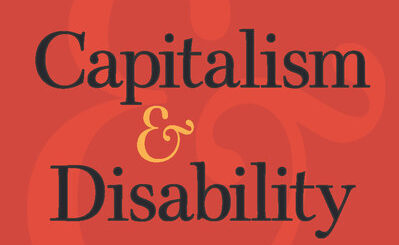
The Religious Liberty Threat to American-Style Social Insurance
Religious liberty challenges to the Affordable Care Act often appear narrowly focused on exempting specific employers from covering particular types of care, such as contraceptives, sterilization, or gender-affirming care. However, closer examination reveals that such claims should be understood as a major new vector in the campaign against social insurance in the United States.





